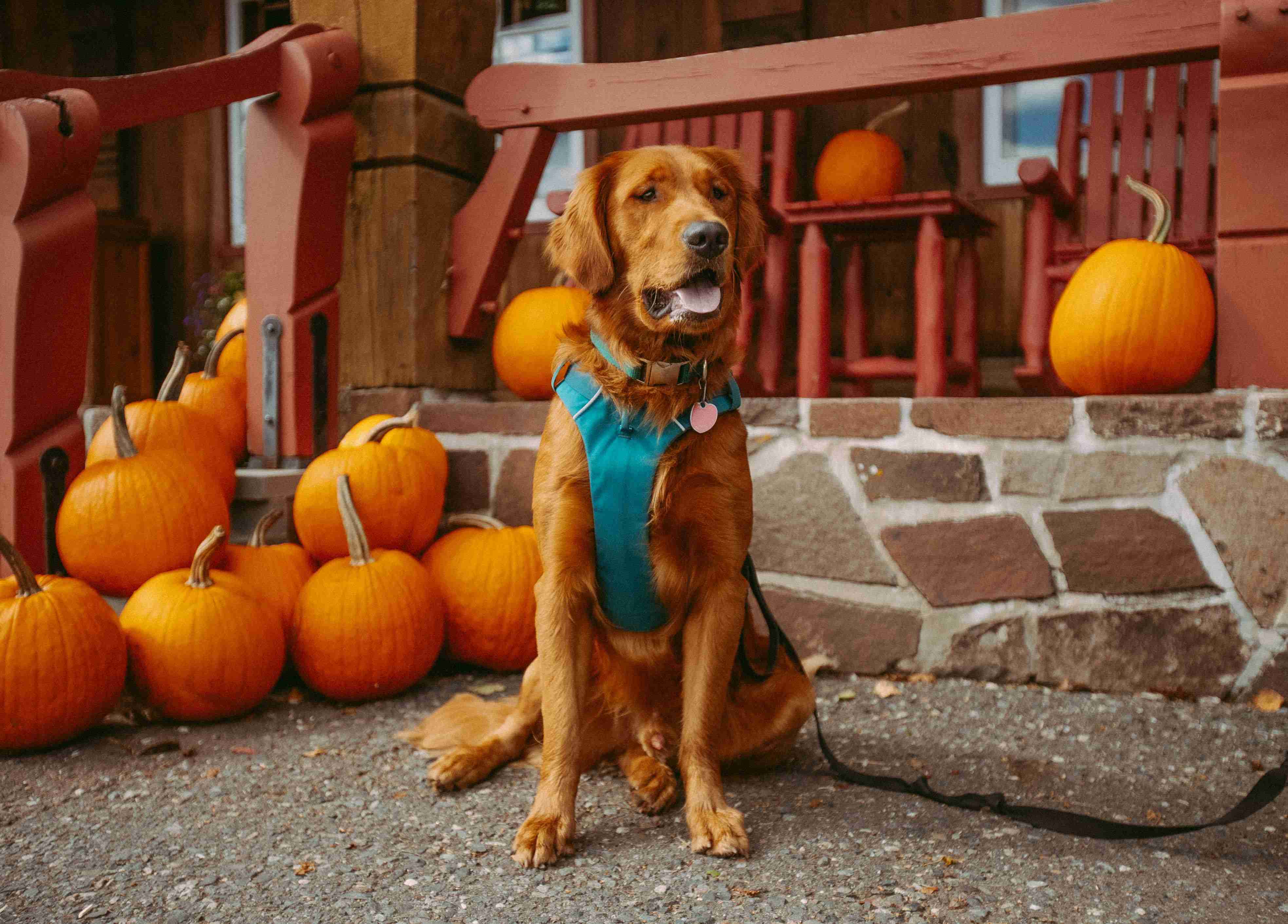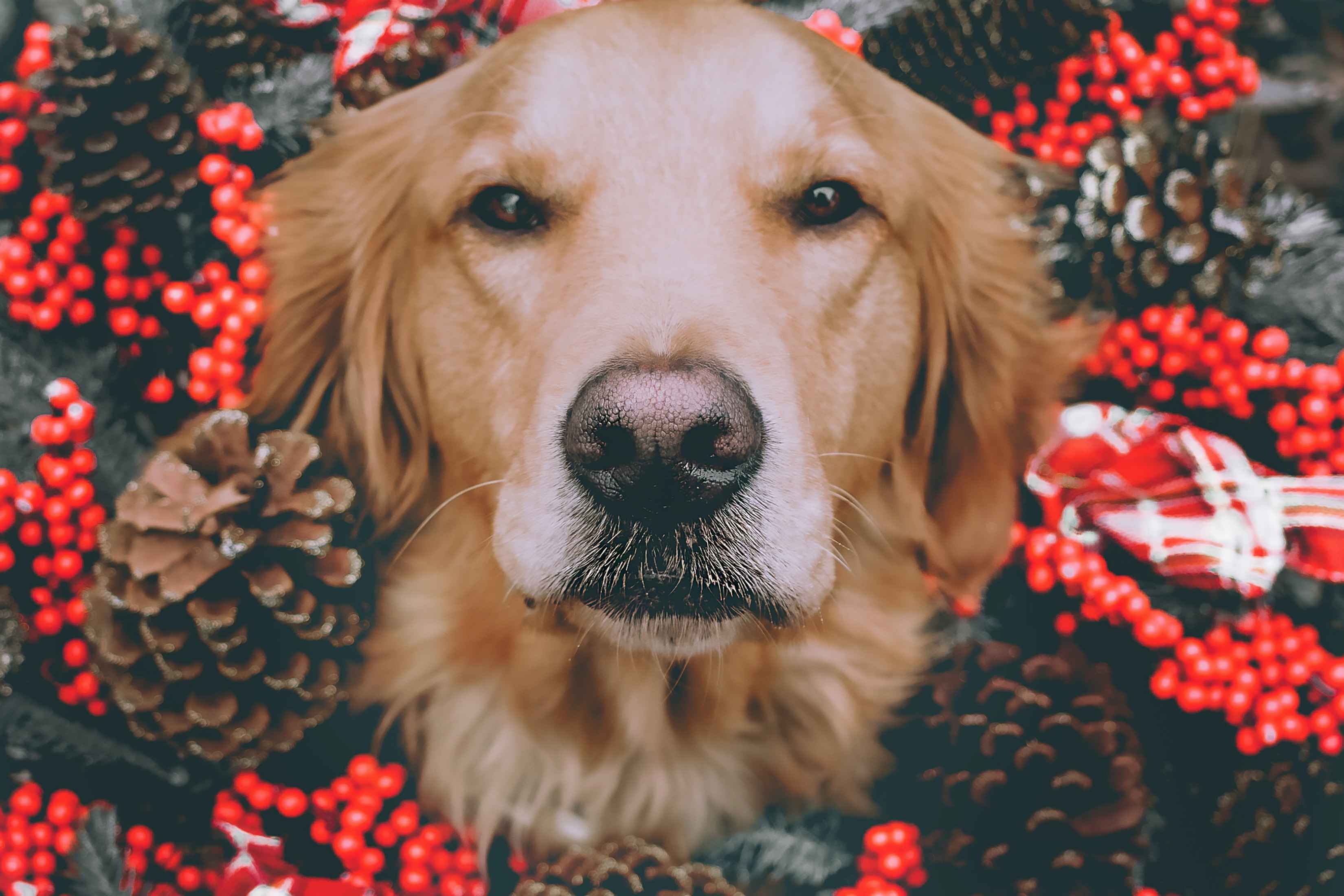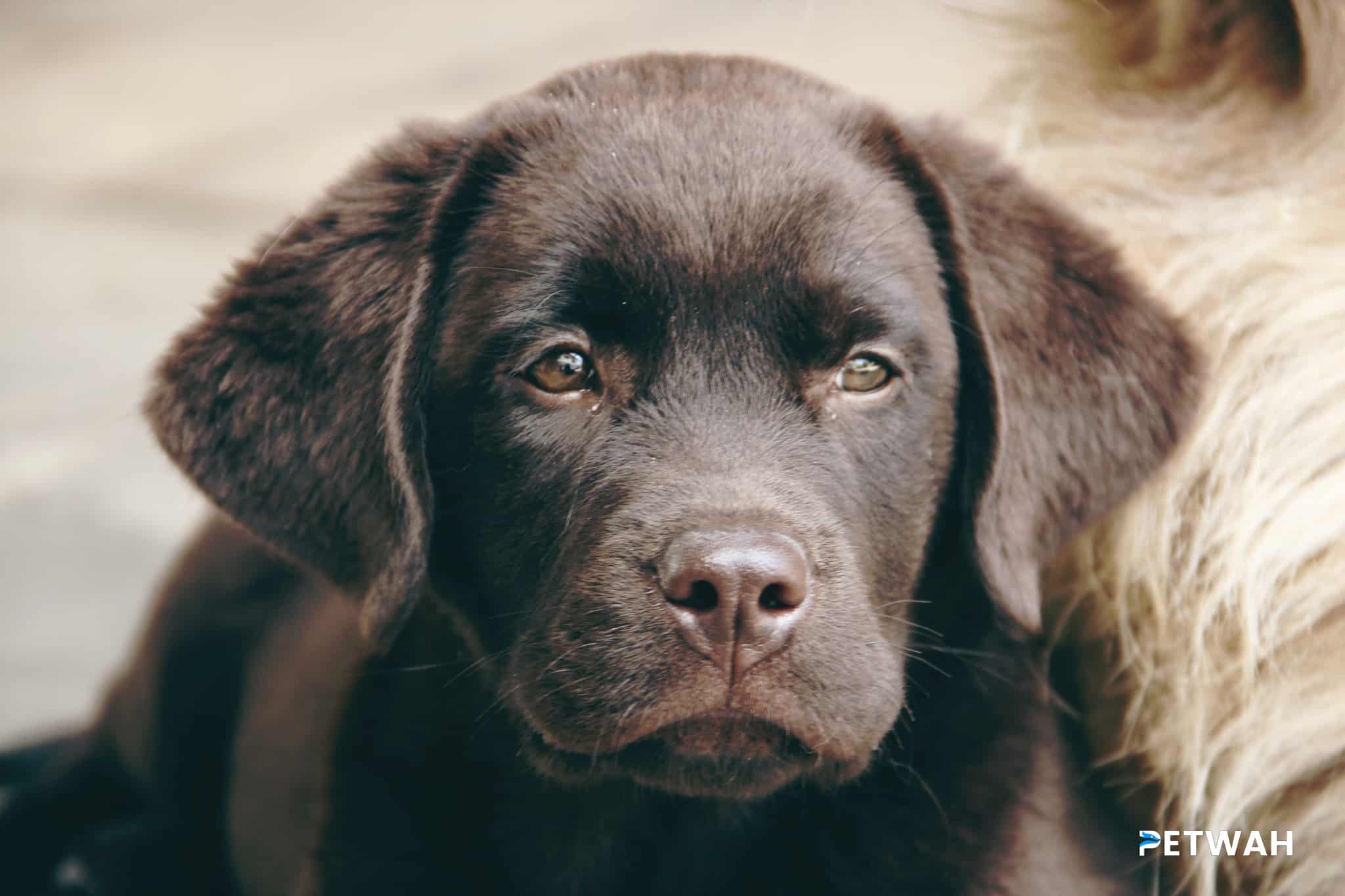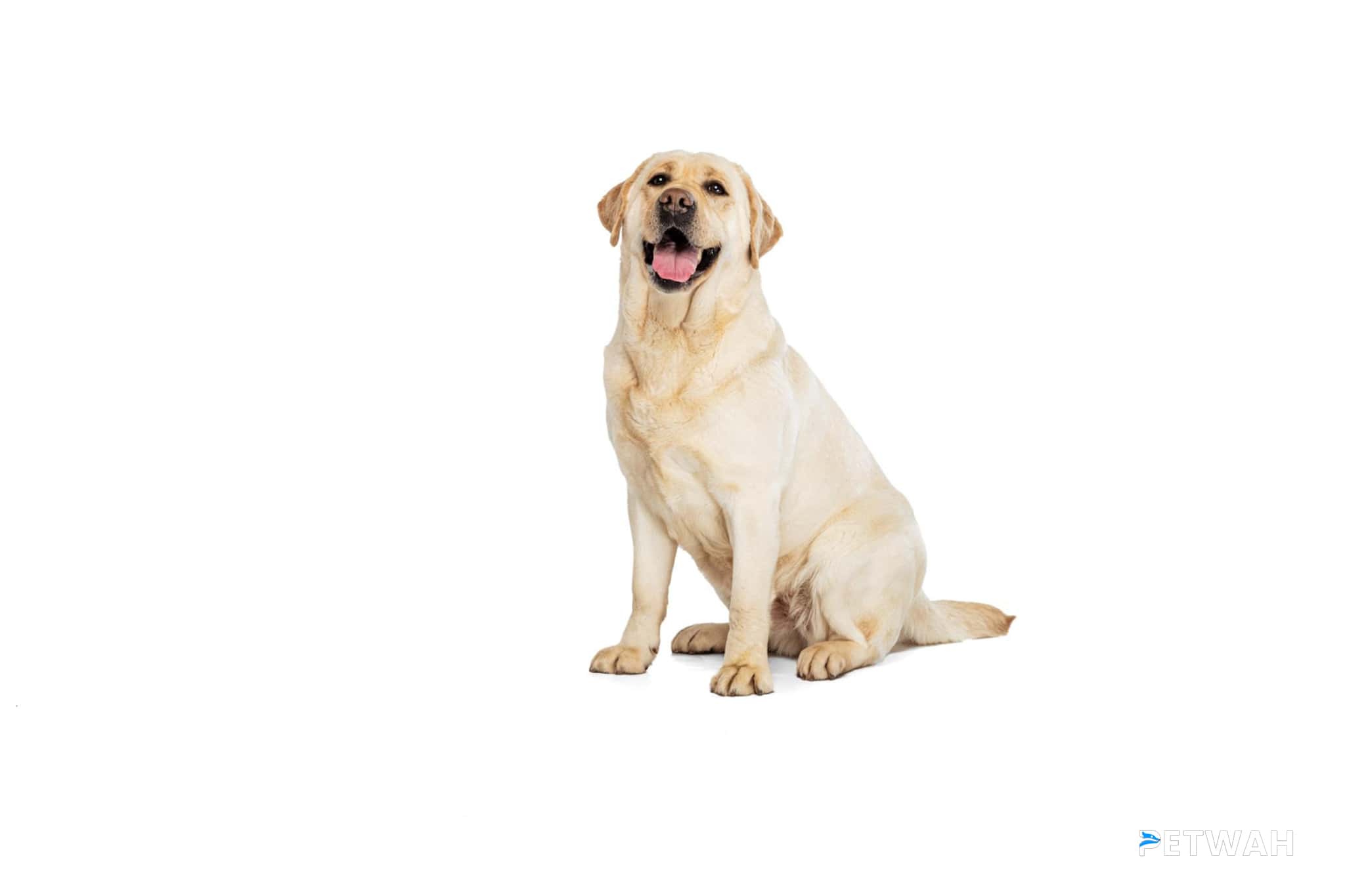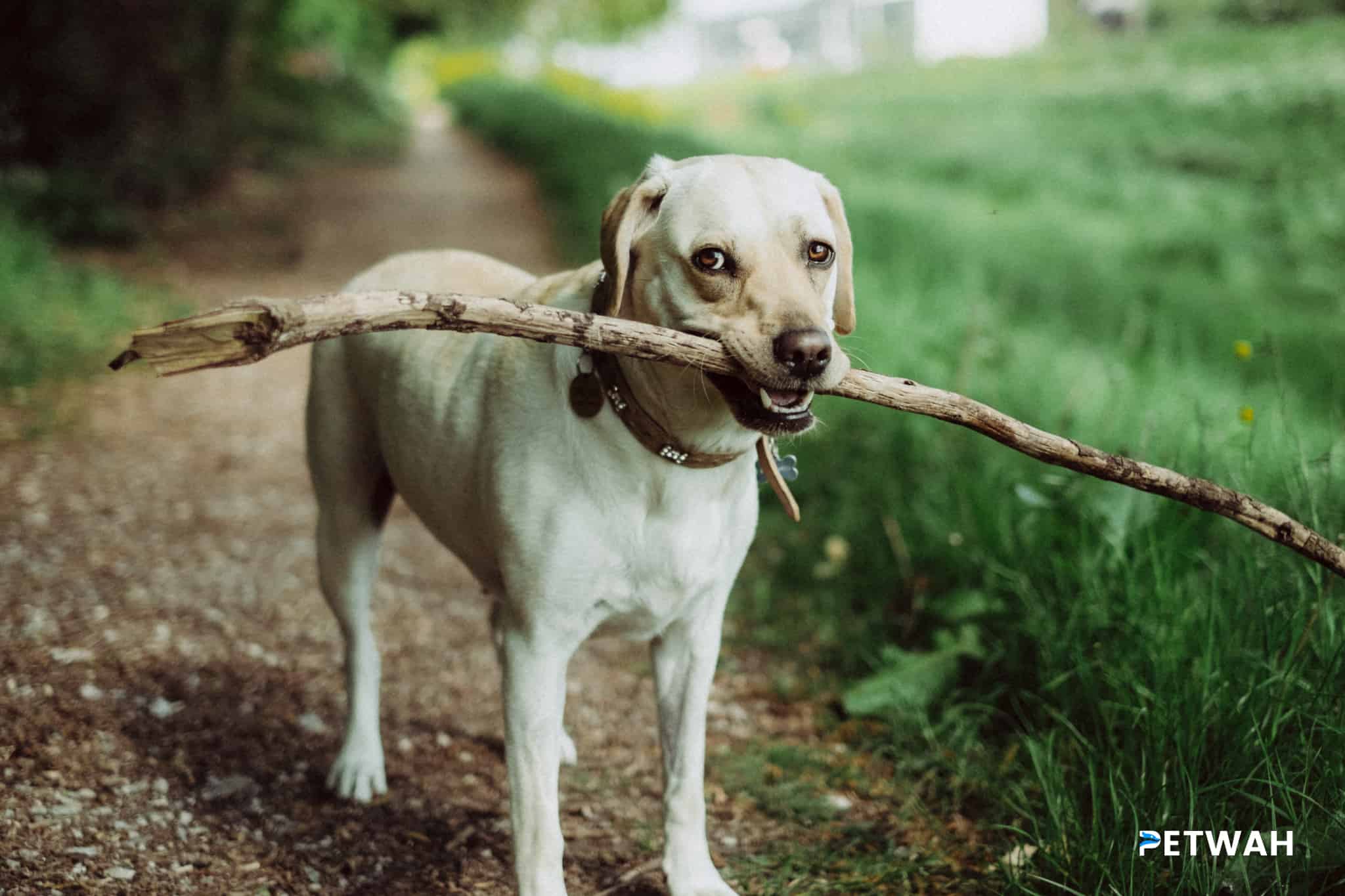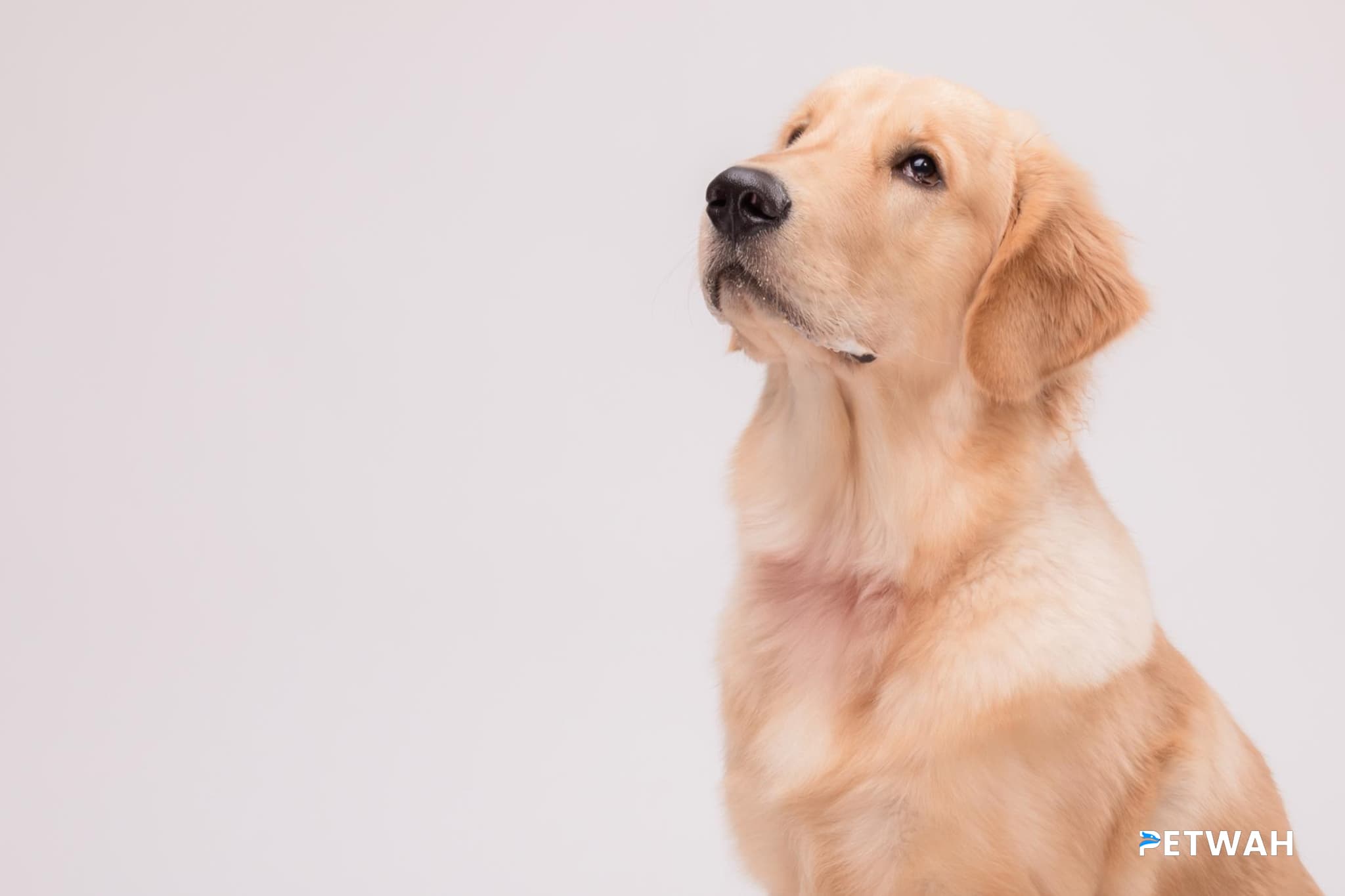Golden Retrievers are loyal, friendly, and playful dogs that make great companions for families and individuals alike. However, just like any other pet, they can fall ill or require surgery at some point in their lives. As a pet owner, the road to recovery may seem daunting, especially when it comes to feeding your furry friend. Proper nutrition is essential during the recovery period to help your Golden Retriever regain strength and heal quickly. In this blog post, we will discuss the best practices for feeding a Golden Retriever recovering from surgery or illness, so you can ensure your furry friend gets the nourishment they need to recover fully.
Golden Retrievers are an incredibly loyal and loving breed of dog, known for their friendly temperament and beautiful golden coats. However, like all dogs, they can sometimes become ill or require surgery. When a Golden Retriever is recovering from an illness or surgery, it is important to pay extra attention to their diet to ensure that they are getting the nutrients they need to heal and recover.
Here are some best practices for feeding a Golden Retriever recovering from surgery or illness:
1. Consult with Your Veterinarian: The first step in feeding a Golden Retriever recovering from surgery or illness is to consult with your veterinarian. Your vet will be able to provide you with specific guidelines on what and how much to feed your dog. They may also recommend a specific type of food that is easy to digest and provides the necessary nutrients for recovery.
2. Feed Small, Frequent Meals: After surgery or illness, it is common for dogs to experience a decreased appetite. To help encourage your Golden Retriever to eat, try feeding them small, frequent meals throughout the day. This will also help prevent any digestive issues that may arise from overeating.
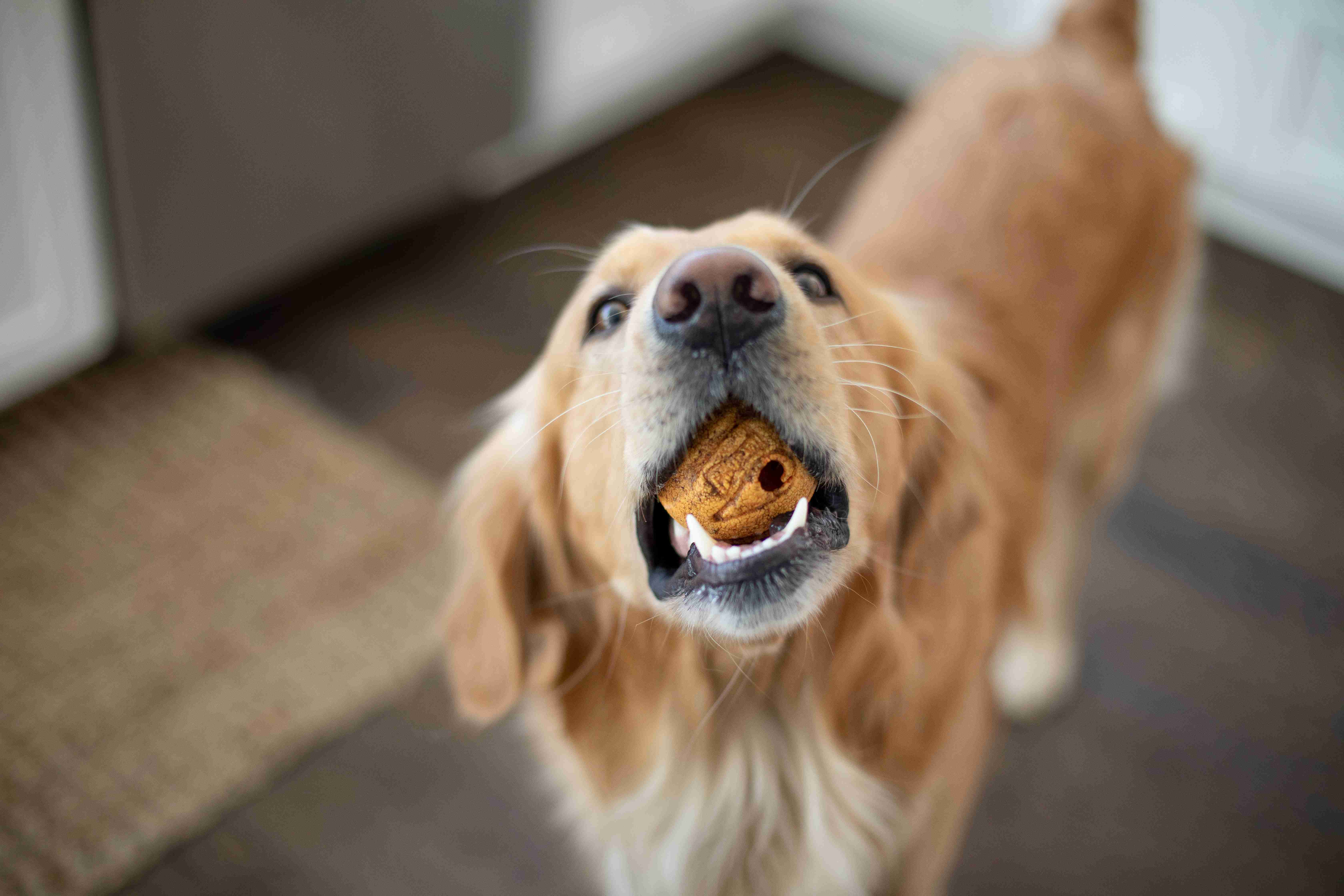
3. Choose High-Quality Food: When choosing a food for your Golden Retriever, it is important to choose a high-quality food that is easy to digest and provides the necessary nutrients for recovery. Look for a food that is high in protein, as protein is essential for repairing and rebuilding muscles and tissues.
4. Consider Supplements: In addition to a high-quality food, your Golden Retriever may benefit from supplements such as probiotics, omega-3 fatty acids, and glucosamine. These supplements can help support your dog’s immune system, aid in digestion, and promote healthy joints.
5. Monitor Your Golden Retriever’s Weight: It is important to monitor your Golden Retriever’s weight during their recovery period. If they are losing weight or not gaining weight as expected, you may need to adjust their diet or consult with your veterinarian.
6. Provide Plenty of Water: Finally, make sure your Golden Retriever has access to plenty of fresh, clean water at all times. Hydration is essential for overall health and recovery.
feeding a Golden Retriever recovering from surgery or illness requires careful attention and consideration. By consulting with your veterinarian, choosing a high-quality food, and providing supplements and plenty of water, you can help support your dog’s recovery and ensure they are getting the nutrients they need to heal.
Proper nutrition is key to the recovery of your beloved Golden Retriever. With the right diet, you can help them recover faster, regain their strength, and return to their normal activities. Remember to consult your veterinarian before making any dietary changes, and follow the best practices we’ve outlined in this article. By giving your Golden Retriever the right foods, at the right time, and in the right amount, you can help them overcome their illness or surgery and enjoy a happy, healthy life.



